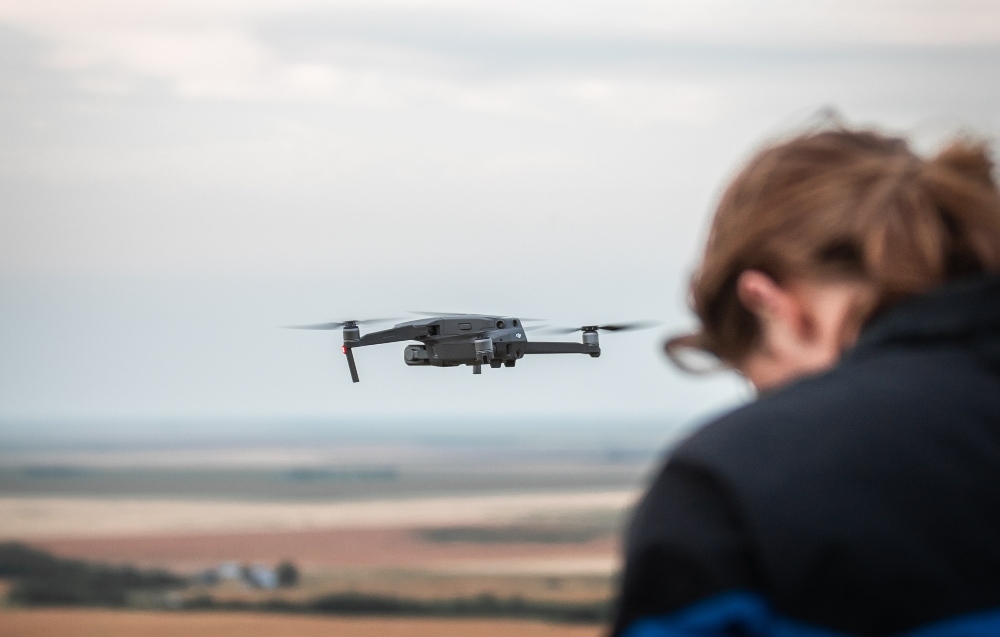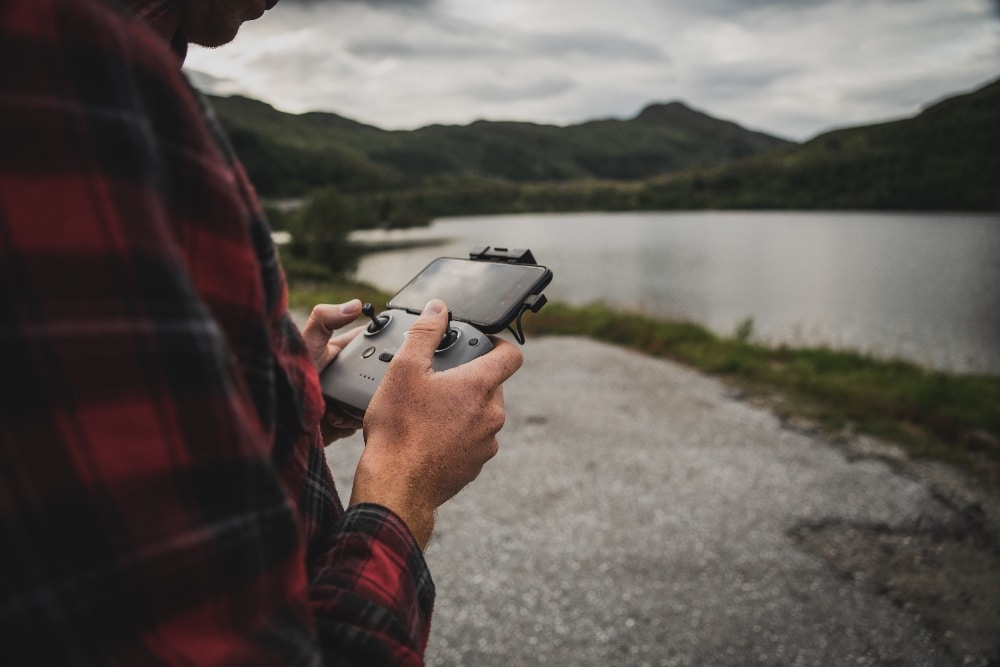Michigan Judge Blocks Local Drone Ban in Public Parks
BY Zacc Dukowitz
8 December 2021In a win for drone pilots, a Michigan judge has granted an injunction blocking a local law in Ottawa County, Michigan concerning the use of drones on county land.
The law that was blocked required drone pilots to obtain a permit from the county before flying in county parks, and banned the use of drones altogether from other county areas.
The lawsuit, named Michigan Coalition of Drone Operators vs. Ottawa County et al., was filed by a group of commercial drone pilots and drone enthusiasts. The law was quite new—it passed in July—so the ruling came in fairly fast, as far as court proceedings generally go.
Law Blocked on State Instead of Federal Grounds
In her ruling against the drone ban law, Ottawa County 20th Circuit Court Judge Karen Miedema cited Michigan state law, which explicitly prohibits local governments in the state from enacting their own drone laws.
Since the county enabling statutes do not expressly authorize the county to regulate drones, the county’s general authority to manage and control does not include drone regulation.
– Judge Karen Miedema
The specific Michigan state law the judge cited, called the Unmanned Aircraft Systems Act, basically states that drone pilots can fly drones so long as they are compliant with federal law. (It doesn’t make any distinction between commercial drone pilots and recreational flyers.)
The Michigan UAS law not only prohibits local governments from enacting their own drone laws, it also created a task force to study the use of drones, and laid out rules for safe flying and criminal liability as it pertains to drone operations.
But a key part of the law is the recognition of the preemption of the federal government when it comes to drone operations.
Preemption means that, when federal and state law conflicts, federal law wins. For example, if a state passes a law banning all drone operations in Class G airspace, this law will be voided by preemption, because federal law allows drone operations in Class G airspace.
The interesting thing about this part of the Michigan UAS law is that it states what is already true—that is, that the federal government is in charge of the national airspace.
[See our guide to the drone laws for each state in the U.S.]
16 other states have enacted similar laws, apparently in a proactive attempt to prevent local governments from creating their own unique laws about drones. Motivations for these state laws may stem from an interest in driving the economy by promoting the use of drones, or simply from a desire to avoid having a state where each county has its own unique drone rules, creating a patchwork of regulations for drone pilots.
The fact that Judge Miedema cited the state law when making her ruling makes it seem like that path was an easier one to take for explaining why a county can’t have its own drone laws, rather than pointing to the preemption of federal law.
Can You Be Fined and Jailed Even If You’re Flying Legally?
The short answer is yes.
If a local government has a drone law on the books that says you can be fined and jailed for flying a drone then they may take those actions—even if you’re flying legally, according to the FAA.
Take another Michigan case, that of Jason Harrison. In 2018, Harrison was flying his drone in Genesee County park when authorities handcuffed and detained him, confiscated his drone, and charged him with a misdemeanor.
The reason for all of this was that a local ordinance banned the use of drones in public parks. Even though Harrison’s drone operations were legal according to federal law, he was still fined and detained for violating the local law.
With the support of the Michigan Coalition of Drone Operators (MCDO), Harrison took the case to court. And in 2020, he won.
The reasoning the judge used in this case was the same as that used in the Ottawa County case. Because Michigan’s UAS law prohibits local governments from creating drone laws, Genesee County did not have the right to ban drones in its parks.
As we can see from both of these cases, whether your state has a law prohibiting local drone laws on the books or not—and it really shouldn’t need to, since again, the FAA preempts both state and local drone laws—you could still be fined and jailed for flying legally according to federal law.
The takeaway?
Unless you want to spend years in court, make sure you know the local drone laws before you fly in a given area. If you think a local drone law is illegal, consider forming a community advocacy group, or joining one that already exists.





